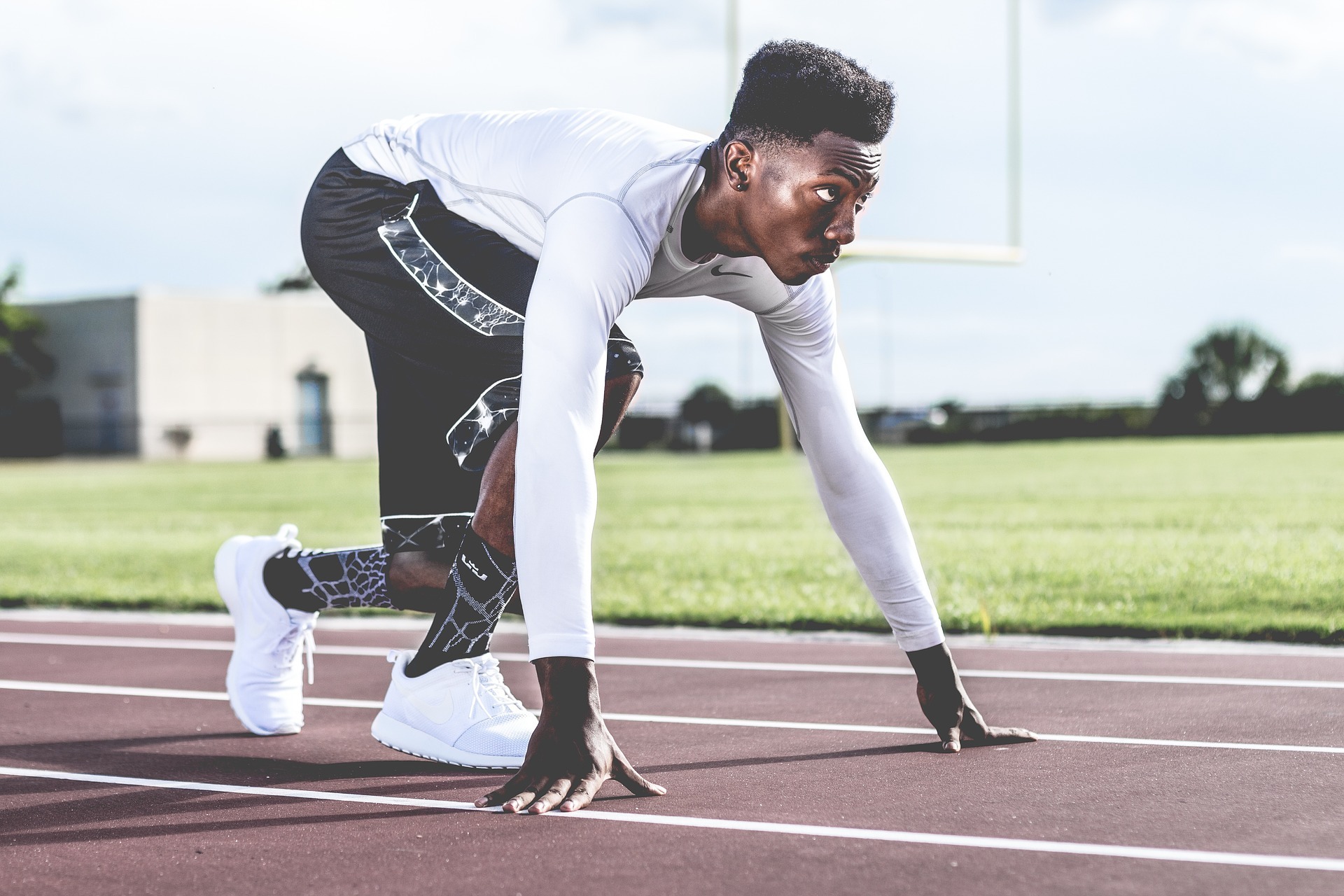
Sleep is undoubtedly one of the most important human activities that help in making or breaking the day of a person. It has also been observed that people say that one who sleeps is weak or one is going to sleep when he is dead. These phrases are responsible for undermining the significance of this human necessity. Research has proven that there is a direct correlation between athletic performance as well as sleep.
It has been recommended that sleeping for 7-9 hours will help in psychological, physical, and sociological recovery. According to many sites, you should not eat sugary foods before going to bed as it can hamper sleep. Given below is a list of how sleep can boost the performance of an athlete.
Psychological
Reaction times– Irrespective of whether you are running with your competitors on the track or you are doing anything else, there is no denying the fact that the tiny fraction of time is going to make a difference in making you win or lose the game. If you are not getting enough sleep, it will help in reducing alertness as well as decrease the reaction times. Deprivation of sleep can also have a similar effect like alcohol intoxication.
Learning and memory– Sleep is responsible for having a great impact on the ability to learn new tasks, which require motor coordination as well as performance. New memories will only be constructed when you learn something. The early sleep stages are responsible for consolidating the muscle memory, which will help in performing without putting in a conscious effort.
Motivation– To win at something, it is the responsibility of the athletes to go through proper training. If they have taken enough rest, they are going to be boosted and they are not going to feel the irritation that comes from not sleeping well.
Physiological
Release of hormones: The quality of sleep that you are receiving is important as well. When you are sleeping, the growth hormone, also known as HGH, is released. This helps in the repair of muscles, muscle building, growth of bones, and is also responsible for promoting fat oxidation. This is important for making sure that you are maintaining your performance throughout the athletic career. Cortisol is also released when you are sleeping and it is necessary for players who are a part of endurance testing sports like running and swimming. This answers the question, how important is sleep for athletes.
Physical
Injury risk– The physical advantages associated with sleeping properly is responsible for acting as the subset of both psychological as well as physiological benefits. People sleeping for eight hours were less likely to receive any physical injuries.
Illness susceptibility– People sleeping for less than 7 hours are capable of developing a cold in comparison to people who sleep for 7 hours. When any athlete falls prey to cold, he will find it extremely difficult to perform because he is going to feel sick and tired all the time.
Conclusion
For an athlete to perform at his best, sleeping for 8 hours is necessary. It is also important to sleep to receive proper training. Therefore, if you are an athlete, it is your responsibility to make sure that you are receiving enough sleep, especially if you are interested in performing well.
